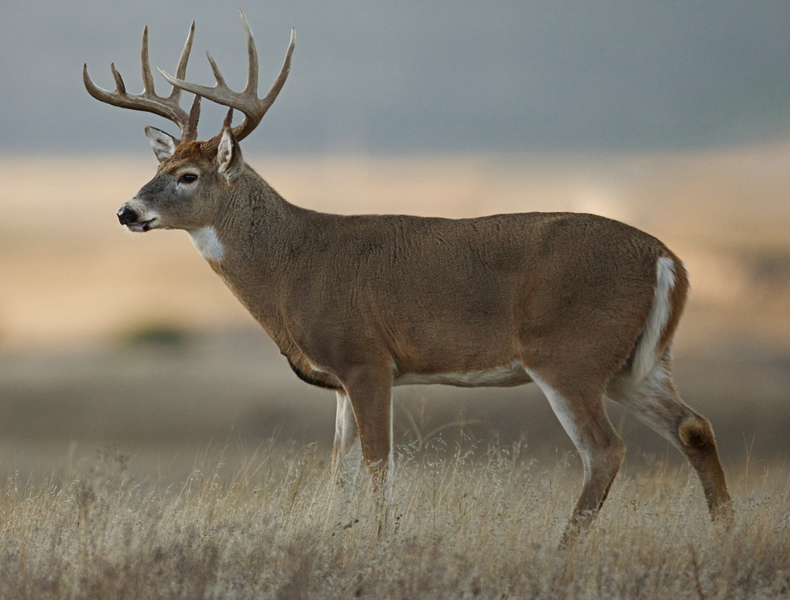A fence is only as strong as the posts used, so in order to erect a fence suitable for containing deer it is important to use the best posts for your requirements. Three of the most used fence posts are – wooden posts, metal T posts and step in posts.
Wooden posts – are generally more costly than other types of posts. You will often come across two types of wooden posts – treated wooden posts and locust posts. Treated wooden posts, as the name suggests, are wooden posts that are chemically treated to reduce their susceptibility to rot. In contrast, locust posts do not need any chemical washing since they are naturally resistant to rot. Treated wooden posts are costlier than locust posts. However, it is easier to find treated wooden posts in store rather than locust posts.
Metal T posts – are made from metal and therefore are long lasting. It is a far cheaper option than a wooden post, come in various sizes and you can easily obtain it from most fencing stores. Plus, metal T posts are very easy to install and maintain.
Step-in posts – are only suitable for temporary pastures. You can easily install them in your farm without needing too much equipment. They are cheaper than metal T posts and treated wooden posts. However, step-in posts are very lightweight and cannot be used for strong and reliable high tensile wire fencing.
When installing your posts, ensure that the space between them is optimal. When it comes to post spacing, 12 feet is generally considered sufficient, but specific circumstances such as hilly ground or lots of turns in the fence may dictate or limit your post spacing options.
Equally important is the quality of the fencing wire. When choosing the wire, opt for high tensile wire. This will enable you to build a strong fence at a very economical cost. High tensile deer fence is one of the most popular fencing choices for many farmers precisely because of the strength and durability of the wire. It is very impact resistant even to large animals moving at speed.
Ensure that you choose a strong post and wire to build your fence. Should you require further advice on installation contact a local fencing expert for help.


